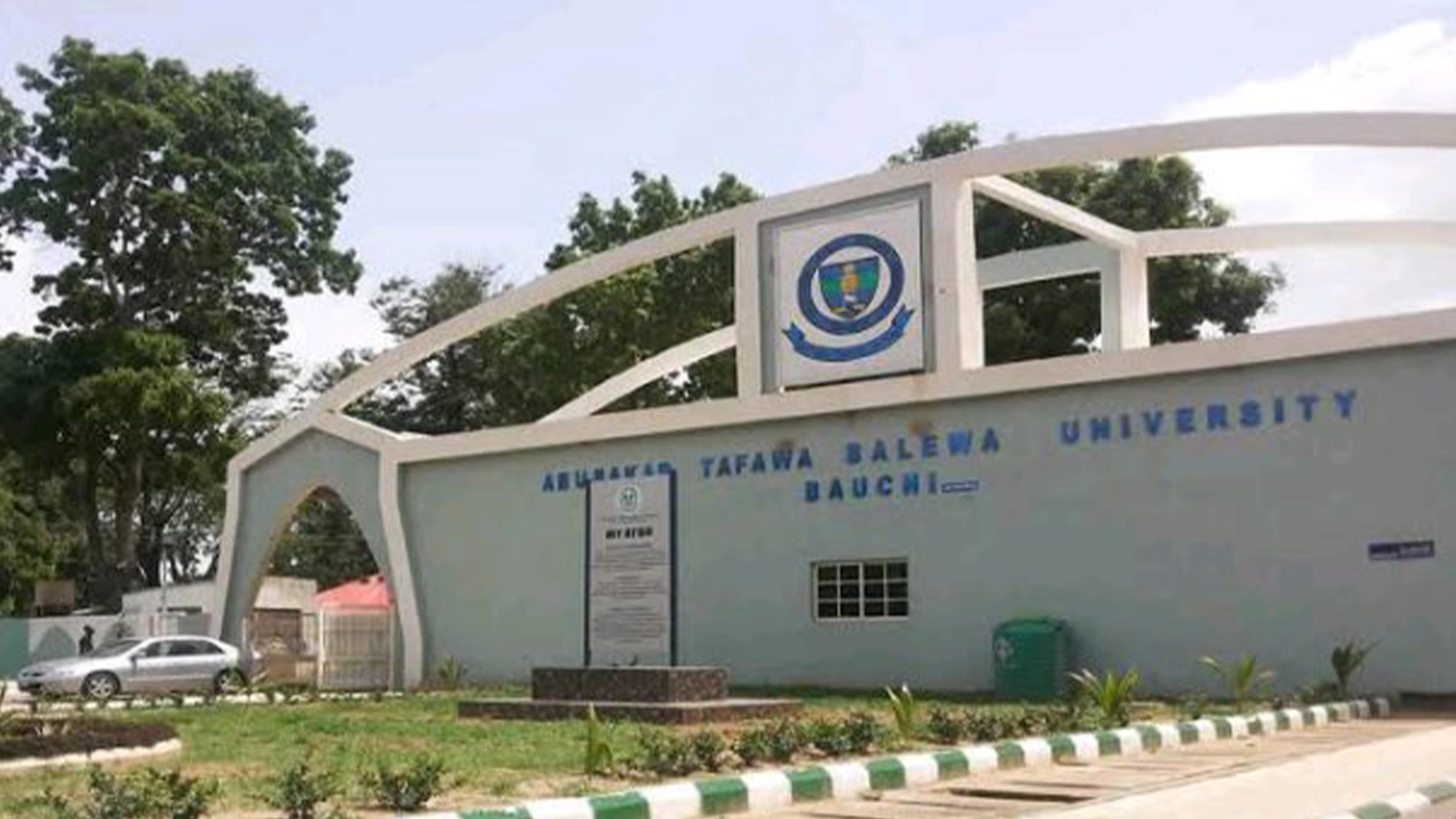
Upon perusing this article, your association with South Africa will not be limited to Zulu culture alone; it will also encompass the idea of pursuing a medical education in the country. Within these pages, you will uncover information about some of South Africa’s top universities, which can facilitate your journey towards becoming a medical doctor with grace and excellence.
The remarkable “rainbow nation” presently multilingual with 11 official languages, boasts a total of 13 medical schools although, only 10 are detailed on this article. While the University of Cape Town is often considered the top medical school, it’s worth noting that the other institutions featured in this article also provide high-quality medical programs for aspiring candidates and some even better when it comes to masters scholarship awards.
Healthcare in South Africa is a matter of paramount significance, and the government has recognized its crucial role in the nation’s well-being. As a result, the South African government is diligently allocating substantial financial resources to bolster the healthcare sector. Simultaneously, there is a growing public demand for an increased number of medical schools across the country. This collective call for more medical institutions stems from the aim of ensuring an ample supply of well-trained medical professionals to meet the nation’s healthcare needs effectively.
List of Best Universities in South Africa to Study Medicine in 2023
Kindly note that the inclusion of these schools mentioned below does not constitute a formal ranking in any way. Instead, these institutions are recommended solely based on testimonials and are provided for informational purposes exclusively.
The University of Cape Town
The University of Cape Town, often referred to as UCT, holds the distinction of being South Africa’s oldest public university, founded in 1829 and situated in Cape Town. It is renowned for its high academic standing among South African colleges. According to US News, the UCT medical school is ranked 91st globally in Subject Rankings. Additionally, the university as a whole is positioned at 114th place in the rankings of Best Global Universities.
As alumni of this institution, you will receive an excellent education along with valuable practical skills in the realm of medicine. The University of Cape Town’s medical school operates within the Faculty of Health Sciences. Within UCT’s Department of Medicine, there are a total of 19 divisions, including but not limited to Organogram, Allergology and Clinical Immunology, Cardiology, Clinical Haematology, Clinical Pharmacology, Endocrinology, and Dermatology, among others. In alignment with many other educational institutions, UCT also offers scholarships to facilitate your academic journey, making your studies more accessible and manageable.
The University of the Witwatersrand
The University of the Witwatersrand, commonly known as Wits, is another longstanding academic institution in South Africa. Founded in 1896, Wits stands as one of the top choices for pursuing a medical education in the country. This esteemed public research university is situated in Johannesburg.
According to US News rankings, Wits University holds the 135th position globally in the field of clinical medicine and ranks 197th among the world’s best global universities. At Wits University in South Africa, students have the option to pursue a traditional MB BCh degree under a fully funded scholarship if merited, which spans six years, or to concurrently complete a graduate degree over four years. The School of Clinical Medicine within Wits is highly regarded and has a century-long history of excellence. It is ranked among the top 100 universities globally for clinical, preclinical, and health-related subjects by the Times Higher Education World Ranking system. The school is comprised of various departments, including Clinical Medicine, Anatomical Sciences, Oral Health Sciences, Public Health, and others. Students have ample opportunities for practical training in five major hospitals and several clinics affiliated with the university. Presently, more than 25,000 graduates from Wits University are scattered across the globe, contributing to the enhancement of healthcare systems in numerous countries.
Stellenbosch University
Since 1956, Stellenbosch University’s Faculty of Medicine and Health Sciences (FMHS) have been renowned for its exceptional contributions to medical and health sciences education and research in South Africa, establishing a legacy of excellence.
Nestled at the base of Cape Town’s Tygerberg Hills, this institution strives to form a vibrant community of students, learners, educators, researchers, healthcare providers, and other dedicated staff. Their shared vision is to nurture the next generation of health professionals who, driven by innovation and leadership, will actively promote health, prevent diseases, and deliver the highest quality healthcare services.
The University of KwaZulu-Natal
Established in 2004, the University of KwaZulu-Natal (UKZN) is among the more recent additions to South Africa’s public universities. Remarkably, it has rapidly risen to prominence, becoming one of the most esteemed institutions in the country. The university boasts a diverse student body, encompassing both undergraduate and graduate students, totaling 26,000. Notably, the University of KwaZulu-Natal’s School of Clinical Medicine has achieved a global ranking of 279th, as reported by US News and World Report.
Dedicated to nurturing healthcare professionals and researchers who can address the healthcare requirements of the African population, KwaZulu-Natal, or UKZN, currently offers 29 medical disciplines. These include fields such as Clinical & Professional Practice, Anesthetics, Cardiology, Diabetes and Endocrinology, Dermatology, General Medicine, Diabetes and Endocrinology, and many more.
The University of Pretoria
Another rapidly ascending institution in South Africa is The University of Pretoria, commonly known as Tuks. This public university was established in 1908 and has since gained substantial recognition. Tuks, located in Pretoria, boasts a sizable student body, with over 38,000 enrolled students. According to US News rankings, Tuks holds the 511th position globally. The university also encompasses other schools within its faculty, including the School of Dentistry, Health Care Sciences, and Health Systems & Public Health. Through the University of Pretoria’s School of Medicine, students have the opportunity to pursue degrees such as MBChB, MPharm Med, MPhil (Philosophy and Ethics of Mental Health), BClinical Medical Practice, some of which offers students scholarships and more.
The University of the Free State
The University of the Free State (UFS), one of South Africa’s oldest public universities, was founded in 1904 and currently enrolls a total of 26,000 students. What makes UFS particularly noteworthy is its bilingual approach, offering degree programs in both English and Afrikaans. UFS stands as one of the premier institutions in South Africa for pursuing a medical education. The university provides a comprehensive array of medical programs at both undergraduate and graduate levels, encompassing disciplines such as Anesthesiology, Cardiology, Cardiothoracic Surgery, Dermatology, Family Medicine, Forensic Medicine, Internal Medicine, and Medical Physics, among others.
The University of Limpopo
Established in 2005, this public university has swiftly grown to accommodate a student body exceeding 20,000, comprising both undergraduate and postgraduate students. The University of Limpopo is another well-regarded institution in South Africa for pursuing a medical degree. While the university may not hold a prominent global ranking, its medical degree program is highly esteemed within South Africa. Similar too many other universities in the country, the University of Limpopo house its School of Medicine departments within the Faculty of Health Sciences.
In 2014, the University of Limpopo underwent a merger with Sefako Makgatho University (SMU), which has since become one of the campuses within the expanded university. The medical school at the university consists of approximately nine departments that collectively provide the MB ChB degree program. Additionally, each accredited discipline offers specialized postgraduate degrees (M Med.). Among the departments within Limpopo’s School of Medicine are the Department of Medicine, the Department of Surgery, the Department of Obstetrics and Gynecology (Women’s Health), and the Department of Pediatrics and Child Health, to name a few.
Walter Sisulu University
Walter Sisulu University, a comprehensive institution in South Africa, is renowned for offering some of the finest medical degree programs on the African continent. Established in 1977, this South African university introduced its medical program in 1985 with a traditional curriculum. Later on, it embraced an innovative approach centered on problem-based learning and community-based education. As a result, Walter Sisulu University has emerged as one of the top universities in South Africa.
Walter Sisulu University’s curriculum incorporates early clinical exposure, gradually increasing it throughout the program, culminating in the final year. Similar to other medical schools in South Africa, WSU’s Faculty of Health Sciences provides Medicine programs. Moreover, you can explore various departments within the university, including the Department of Family Medicine and Rural Health, the Department of Human Biology, and the Department of Internal Medicine and Pharmacology, among others.
The University of Western Cape
The University of Western Cape, also known as UWC, is one of the longstanding public universities in South Africa. While it commenced its operations in 1959, it officially attained university status in 1970. Although the university doesn’t have a conventional medical degree program, its Faculty of Community and Health Sciences includes a School of Natural Medicine.
The School of Natural Medicine at UWC provides thorough education and training in one of four specialized disciplines: Chinese Medicine and Acupuncture (CMA), Phytotherapy, Naturopathy, and Unani-Tibb. Graduates from these programs will have the opportunity to become registered professionals within their specific field of expertise through the Allied Health Professions Council of South Africa (AHPCSA).
Nelson Mandela University
Nelson Mandela University stands as another prominent institution in South Africa, known for its commitment to providing value to its students across a wide range of courses and disciplines. Notably, the university recently inaugurated its medical school within the Faculty of Health Sciences. This marks the establishment of the country’s tenth medical school, which commenced its operations in March of this year with the first pioneering class of 50 medical students, currently in the midst of their examinations. As these students progress into the second year of the rigorous six-year Bachelor of Medicine and Bachelor of Surgery (MBChC) program, they will be joined by an additional 80 first-year students in 2023.
Furthermore, the university’s Faculty of Science is currently organized into various schools and departments below, catering to a diverse array of academic pursuits.
- School of Clinical Care & Medicinal Sciences
- School of Behavioural & Lifestyle Sciences
- Medical School
- Health Sciences Research Directorate
Eligibility to Study Medicine in South Africa
- Applicants must have 100 points for their letter of motivation
- Applicants must have an average of at least 75%
- Applicants NBT results should be 300 points
- Applicants must have a guaranteed offer if their total points are higher than 880
- Applicants must have at least 60% for English, Physics, and Mathematics.
Conclusion
In conclusion, South Africa offers a selection of outstanding universities for those aspiring to study medicine in 2023. These institutions are known for their commitment to excellence in medical education and research. Mentioned above are among the top choices you can make.






